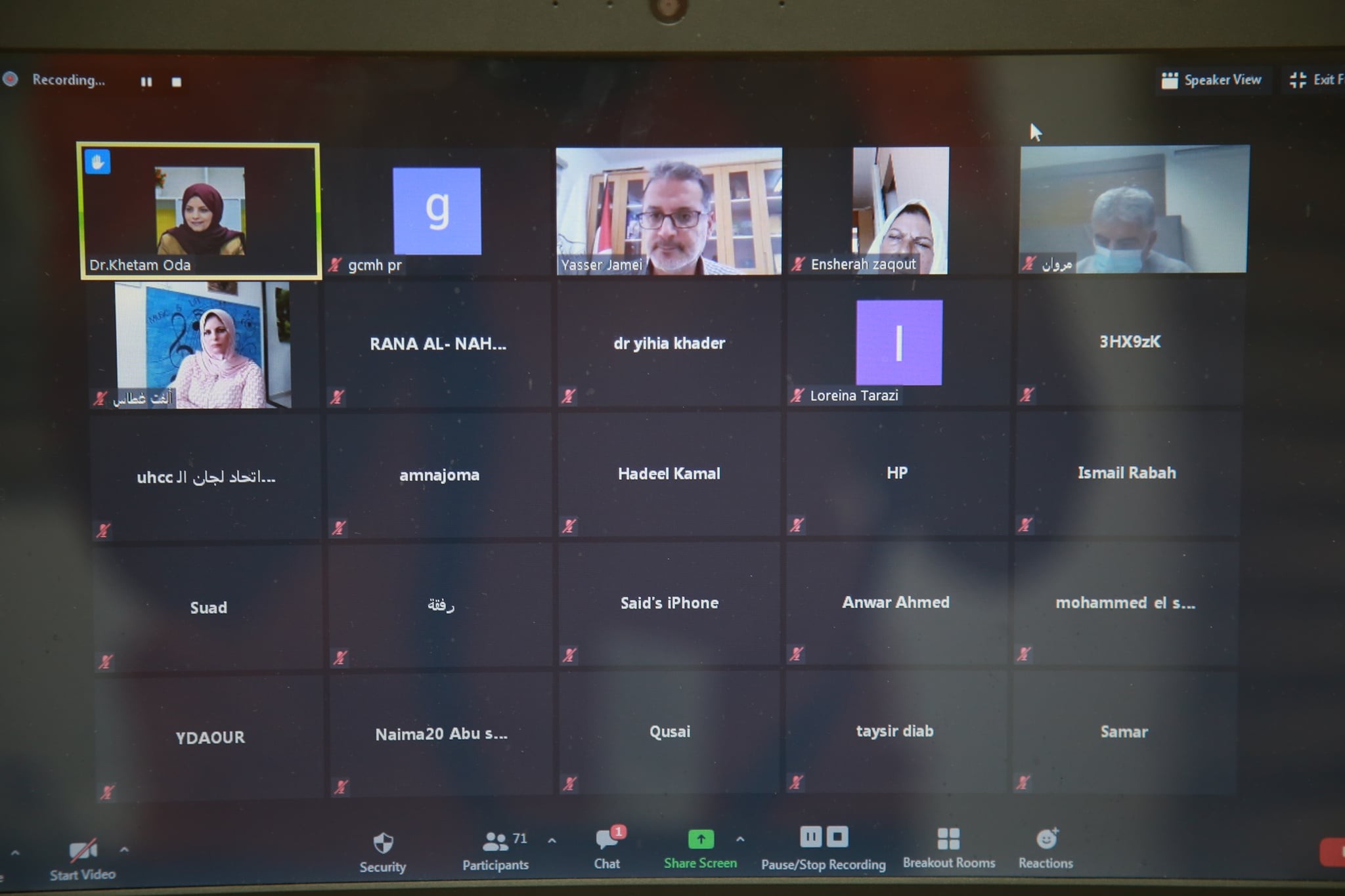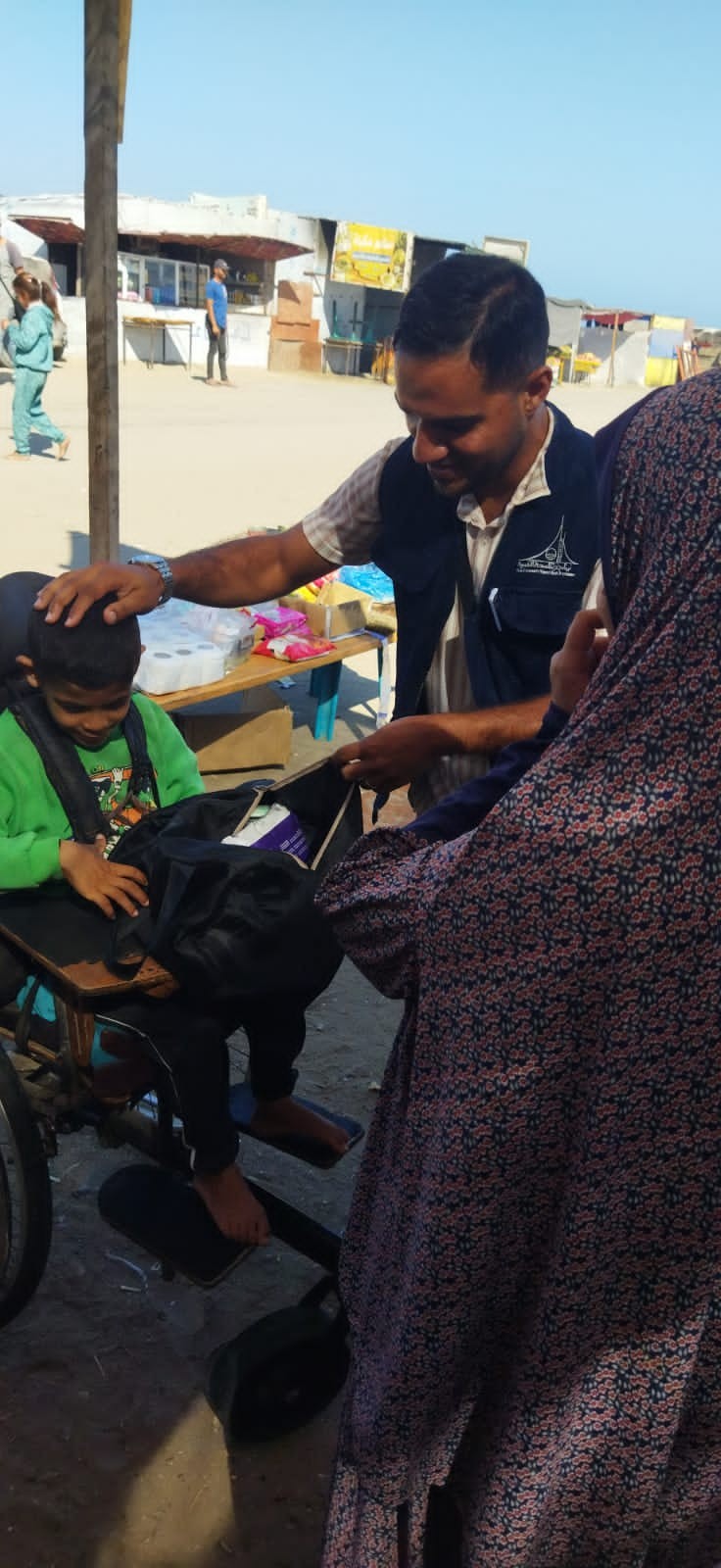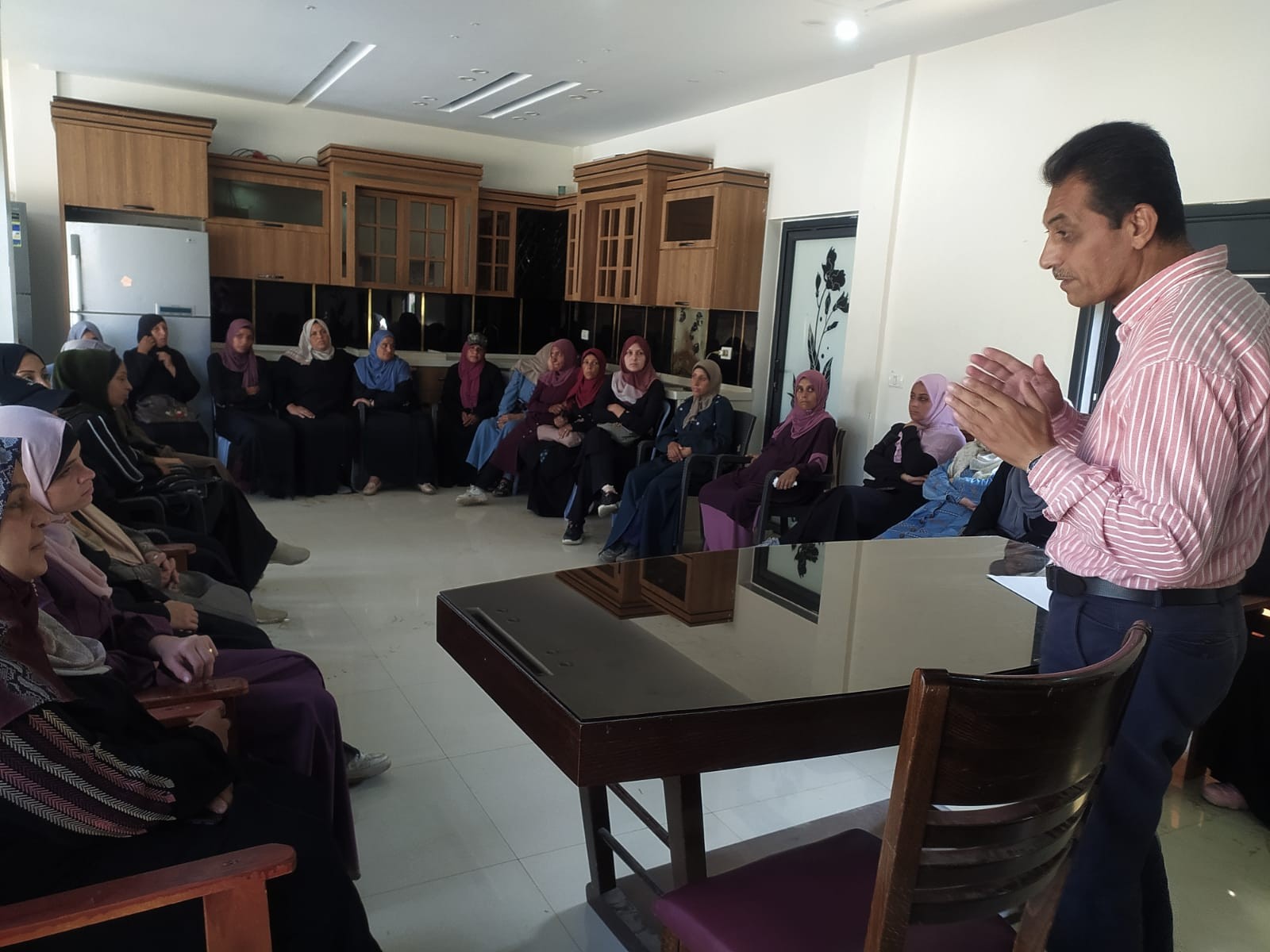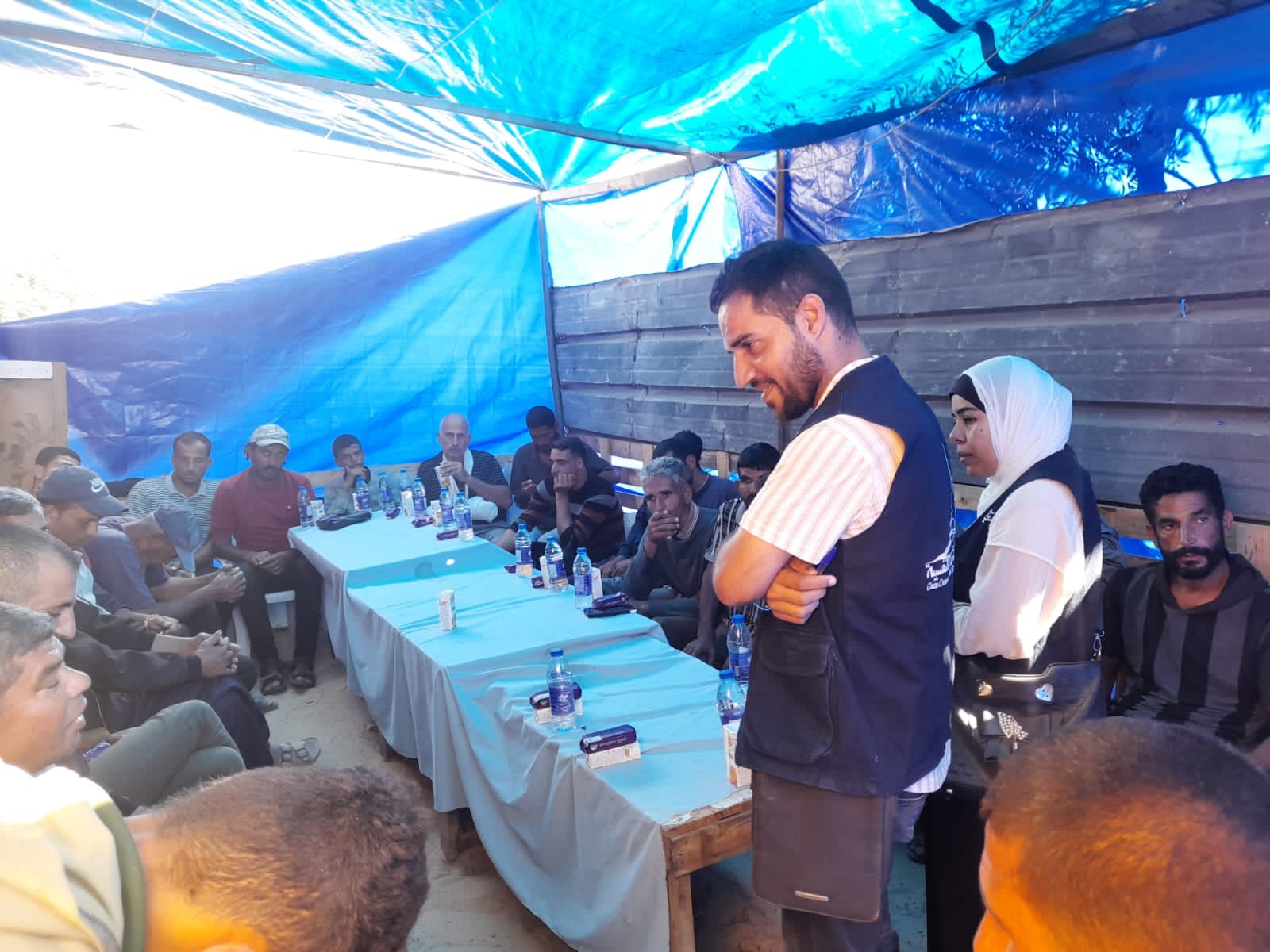
“Workshop: “Covid-19 Renews Needs for Mental Health: The Reality and the Challenges”
Workshop: “Covid-19 Renews Needs for Mental Health: The Reality and the Challenges”
GCMHP has held on Monday, 21 September, 2020 a workshop online under the title “Covid-19 Renews Needs for Mental Health: The Reality and the Challenges”.
The workshop was attended by a host of representatives from governmental and non-governmental organizations working in the field of mental health and psychosocial support and human rights.
Dr Yasser Abu Jamei, GCMHP General Director; Dr Yehia Khader, General Director of MH department at MoH; Dr Yehia Al-Daour, MHPSS Coordinator at UNRWA; Ms Rana Al-Nahal, MH supervisor at UNRWA; and Dr Saed Al-Madhoun, Protection Cluster Focal Point at the Office of the United Nations High Commissioner for Human Rights were the main speakers in the workshop, during which they discussed their organizations’ experiences and the challenges they have been contending with under covid-19 crisis.
Dr Abu Jamei opened the session and provided a presentation about the recent mental health state in the Gaza Strip under the pandemic socioeconomic effect, highlighting the special situation of the vulnerable people such as the elderly, women, children and people with disabilities.
He also explained that most of the telephone counselling calls received by GCMHP were mad by people who are quarantined at home or in health care centres, people complaining from severe depression or the families of people with disabilities.
In addition, he explained that GCMHP continued its services, though it was interrupted for one week after the declaration of the emergency situation and the imposition of curfew, and that medications were sent to the clients as they could not come themselves. Besides, he psychiatrists kept following up with their patients through special mobile phone number that were publicized.
On his part, Dr Khader talked about the procedures taken by the Ministry of Health to tackle the pandemic crisis and the challenges the ministry faced and the additional steps that were made to match the level of the pressure that resulted from the situation.
“We quarantined doctors in hospitals to restrict the spread of the virus and to provide health care for the infected people. We have also opened additional quarantine centres and mobilized a big number of healthcare crews. In addition, we have provided training for the caregivers on how to deal with the affected people,” he said.
Dr Khader referred to the point that the MH department of the MoH provides psychosocial support for the people who are in the quarantine centers, but that “there is 16,000 people at home quarantine who also need support.”
“We count on the main MHPSS organizations such as Gaza Community Mental Health Programme to reach out to those people and provide them with support,” he added.
Talking about UNRWA’s role during the crisis, Dr Al-Daour said that the closure of schools was among the main reasons for the increased demand on the mental health services. He also explained that among the challenges that the UNRWA staff members faced during the provision of their services was the risk of the infection, mentioning that 2 colleagues of theirs died of Covided-19.
Ms Rana, also from UNRWA’s side, explained that mental health services are being provided in 22 health clinics across the Gaza Strip and that most of clients’ complained were about GBV during the crisis.
During his presentation, Dr Al-Madhoun brought the attention to the point that telephone counselling is not enough for severe mental health cases and that a special mechanism must be found to provide them with the appropriate intervention during the emergency situation.
He also flagged it that some organizations have been making professional mistakes during the provision of telephone counselling due to the novelty of their experience, mentioning for example that personal mobile phones were used to provide the services and that such a thing goes against the privacy protocol.
Moreover, he stressed the importance of intensify supportive professional supervision for caregivers and professionals who work in the frontlines to help them deal with their concerns and the stress they go under because of the emergency situation, so as to make sure that they provide proper services for the affected.
At the end of the workshop, the participants agreed on a set of recommendations, the most important among which are:
· The need to create a mechanism to provide intervention for the severe mental health cases such as people who suffer from severe depression of suicide cases.
· The necessity to create a mechanism to provide mental health and psychosocial support for the vulnerable, especially victims of violence, the elderly, and people with disability.
· The necessity to provide additional training for telephone counselling providers to make sure they follow the right protocols.
· Intensifying cooperation between the ministry of health and the MHPSS organizations to guarantee the delivery of the services to thousands of people who are at home quarantine.
.




Read Comments
Steven Rich
March 10, 2019Omnis iste natus error sit voluptatem accusantium nam libero tempore, cum soluta nobis est eligendi optiocumque nihil impedit quo minus id quod maxime.
Van Wimbilton
March 10, 2019Natus error sit voluptatem accusantium nam libero tempore, cum soluta nobis eligendi optio cumque nihil impedit quo minus id quod maxime.